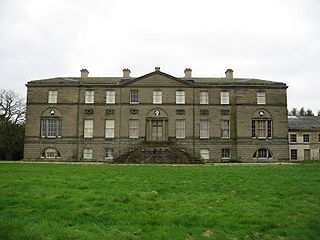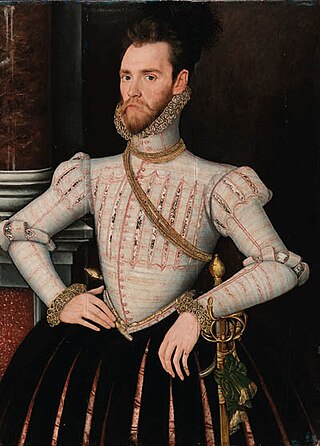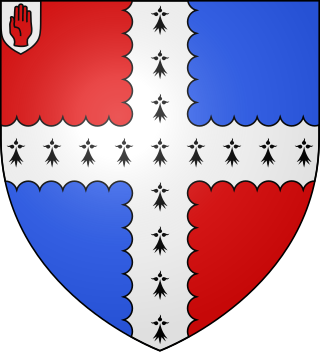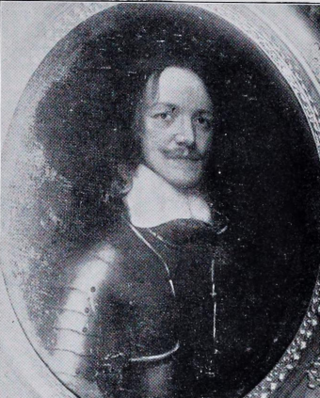Pettus Baronets of Rackheath Hall, Norfolk (1641–1772)

Sir Thomas Pettus, 1st Baronet
Sir Thomas Pettus, son to Sir Augustine Pettus (16 July 1582 – 9 July 1613) was the first of the Baronets. He firstly married Elizabeth Knyvett, daughter to Sir Thomas Knyvett of Ashwellthorpe, [4] and secondly, the daughter to and coheiress of Sir Nathaniel Bacon of Stiffkey. Sir Thomas Pettus accompanied King Charles I on his expedition in 1640 into Scotland and Northumberland and may have been granted his Baronetcy as a result. He served as a captain under Colonel Jerom Brett and Lieutenant Colonel Sir Vivian Molineaux. [5] His monument can be found in the St. Simon and St. Jude's Church, Norwich in Norwich.
Sir Thomas Pettus, 2nd Baronet
Son to Sir Thomas Pettus, 1st Baronet, and Lady Elizabeth Knyvett. The birth-date of Thomas Pettus is unknown. He died on 30 October 1671 at Rackheath, Norfolk, and was buried on 4 November the same year. He married Elizabeth Overbury in 1656, daughter to Walter Overbury, Esq. of Barton-on-the-Heath, Warwickshire, and his wife Magdalen Marsham.
Sir John Pettus, 3rd Baronet
Son to Sir Thomas Pettus, 2nd Baronet, and Lady Elizabeth Overbury. He was born in 1645, and on 27 May 1670 married at Chiselton, Essex, Mary Burwell (cc.1650 – 1672), daughter to Nicholas Burwell, Esq. of Gray's Inn. His date of death is unknown.
Sir Horatio Pettus, 4th Baronet
Son to Sir John Pettus, 3rd Baronet and Lady Mary (1672-1731). He married Elizabeth Meers in 1701 at St Giles in the Fields, Middlesex. [6]
Sir John Pettus, 5th Baronet
Son to Sir Horatio Pettus, 4th Baronet and Lady Elizabeth Meers. He was born on 27 December 1705 at Rackheath, Norfolk. He died on 2 May 1743 at Rackheath.
Sir Horatio Pettus, 6th Baronet
Second surviving son to Sir Horatio Pettus, 5th Baronet and Lady Elizabeth (1707 – 1772). He married Rebecca Prideaux on 31 December 1744 at the Church of Saint John the Baptist, Maddermarket, Norwich. He was appointed High Sheriff of Norfolk for 1746–47. [7]











